Govt to start selling rice under 'Bharat Rice' brand to tackle food inflation
In an effort to combat overall food inflation, the Central government has chosen to begin selling "Bharat Rice" to the general public at retail, the Ministry of Consumer Affairs, Food & Public Distribution said on February 2.
Five lakh metric tons of rice have been set aside for retail sale under the "Bharat Rice" brand in the first phase, to be distributed by three agencies: NAFED, NCCF, and Kendriya Bhandar. Bharat Rice will be supplied in packets of 5 kg and 10 kg, with a suggested retail price of Rs 29 per kilogram.
According to the ministry, "Bharat Rice" will first be sold via mobile vans and the physical stores of the three major co-operative agencies. It will soon also be sold through other retail chains and e-commerce websites.
The government has also determined that, until further instructions, traders/wholesalers, retailers, big-box retailers, processors/millers, and retailers in all states and union territories must publish their stock positions of rice and paddy in order to avoid dishonest speculation. The stock positions of rice and paddy in the following categories must be declared by the relevant legal entities: (i) broken rice; (ii) non-basmati white rice; (iii) parboiled rice; (iv) basmati rice; and (v) paddy. Within seven days of the order's issue and then every Friday after that, they must update the data on the Department of Food and Public Distribution's site (https://evegoils.nic.in/rice/login.html).
The ministry said that even with a strong harvest in Kharif, plenty of stock with the FCI and in the pipeline, and many restrictions on rice exports, rice prices are still rising. The major food item's retail prices have risen by 14.51 percent in the last year, and the government has already implemented a number of measures to slow the price growth.
For example, under OMSS, dealers and wholesalers are provided the FCI's supply of high-quality rice at a reserve price of Rs 29 per kilogram. The government has also lowered the reserve price of rice from Rs 3,100/quintal to Rs 2,900/Qtl and altered the minimum and maximum quantities of rice to 1 MT and 2,000 MT, respectively, in an effort to boost sales of rice on the open market.
Furthermore, the FCI regional offices have consistently publicized their work to reach a broader audience. The selling of rice has therefore progressively grown. According to the Ministry of Consumer Affairs, 1.66 LMT of rice had been sold on the open market as of January 31, 2024, making it the largest sale of rice under OMSS (D) in any year.
Government launches 'Bharat Rice' brand to control rising food prices from Farmersrathna Agri-news
Furthermore, it said that beginning September 9, 2022, broken rice exports would no longer be allowed and will instead be forbidden. In order to drive down rice prices, a 20 percent export levy was placed on non-basmati rice, which accounts for over 25 percent of all rice exports, starting on September 8, 2022. Afterwards, on July 20, 2023, the export policy for non-basmati white rice was changed to "prohibited." Contracts for shipments of basmati rice valued at $950 per MT or more are being recorded in order to get a Registration-cum-Allocation Certificate (RCAC). Additionally, until March 31, 2024, a 20 percent export tariff on parboiled rice will be in effect. The ministry said in a statement that "all these measures have curbed the pace of increasing trend of rice prices in the domestic market."
"The Department of Food and Public Distribution is also maintaining a close watch over the stock position of wheat to control prices and ensure easy availability in the country," the Ministry of Consumer Affairs said. According to the report, the average domestic wholesale and retail price of wheat in India has been down over the last month and a year. It also said that the prices of Atta (wheat) have been declining over the past week, month, and year.
-logo.webp.png)
.jpg)
-logo.webp.png)
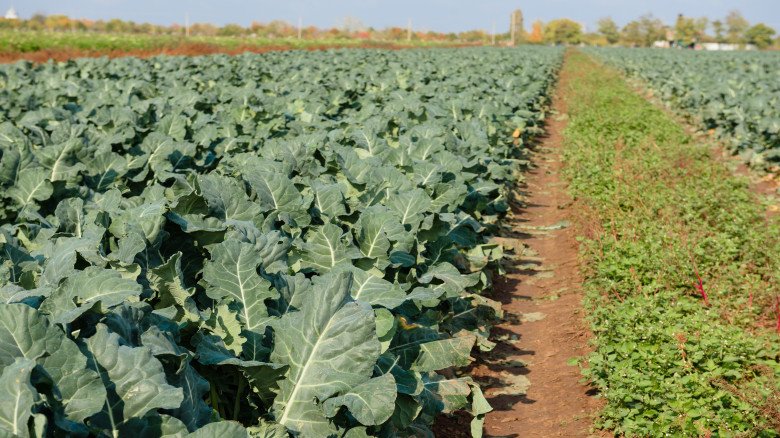
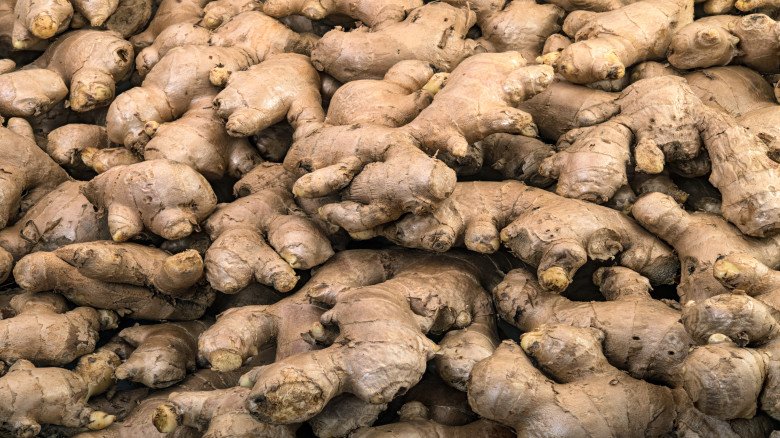
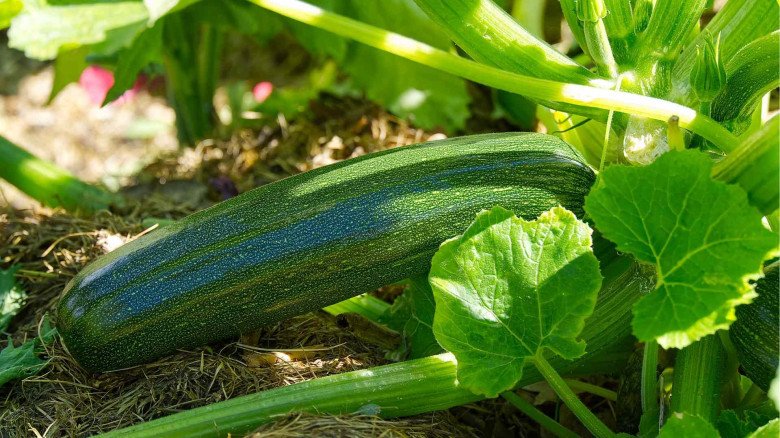
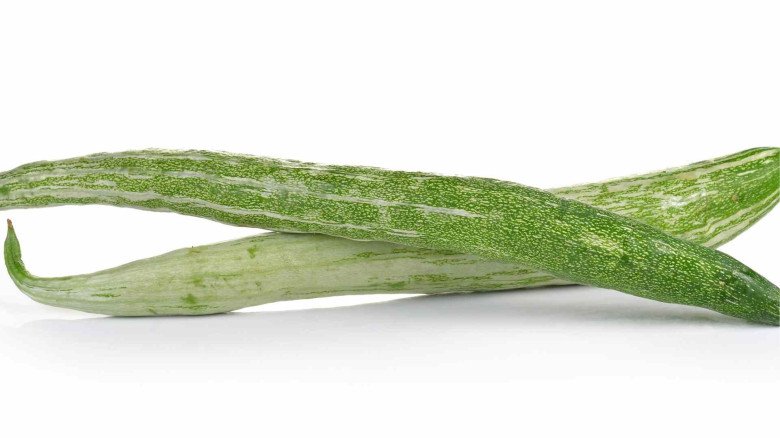


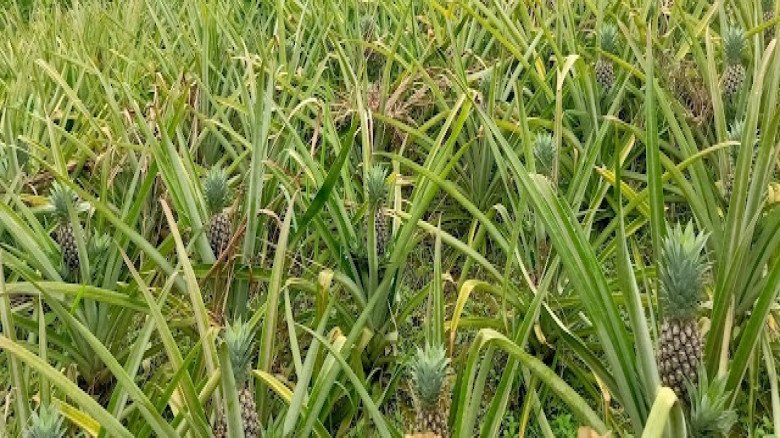
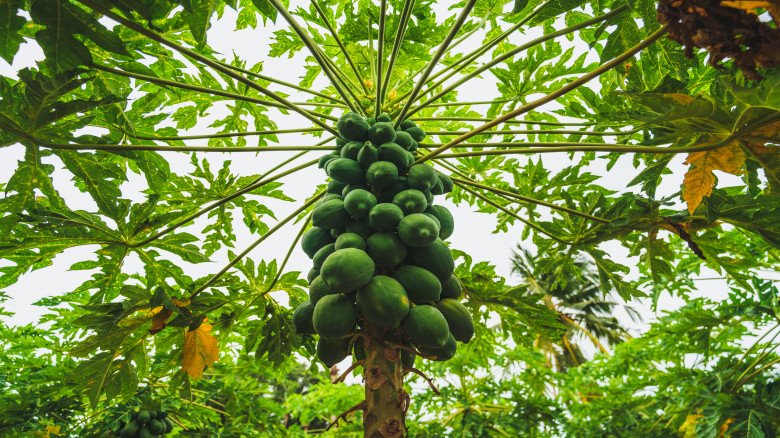
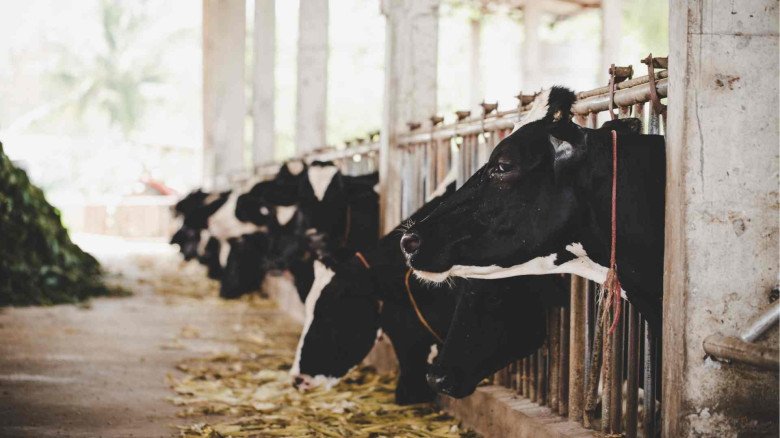
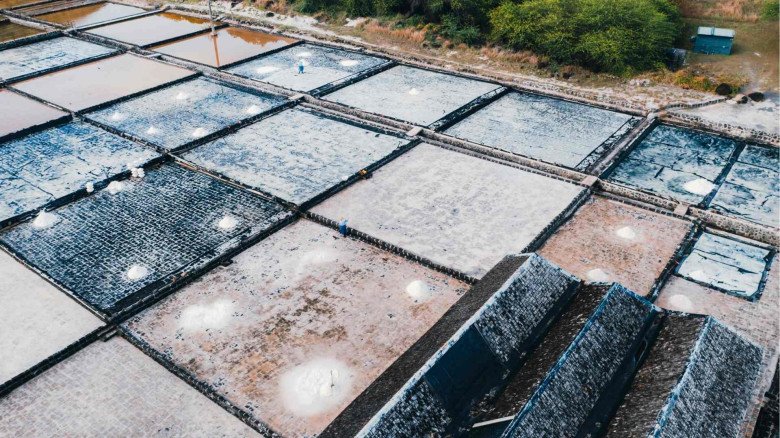
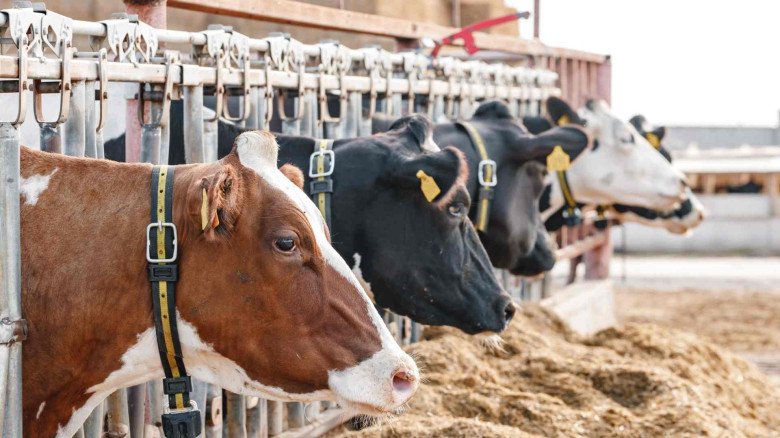
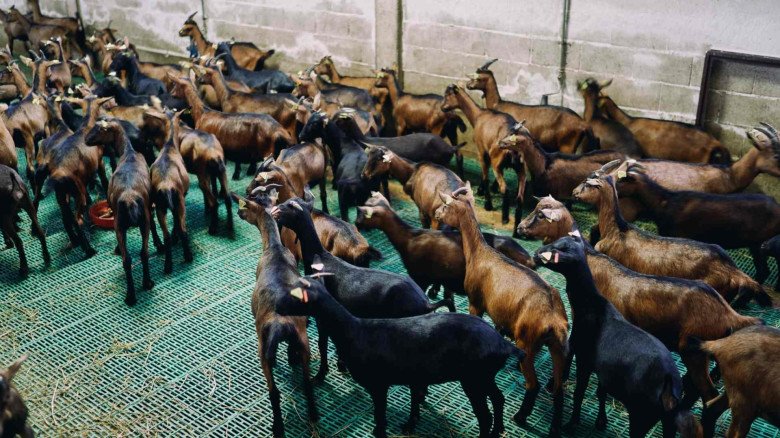
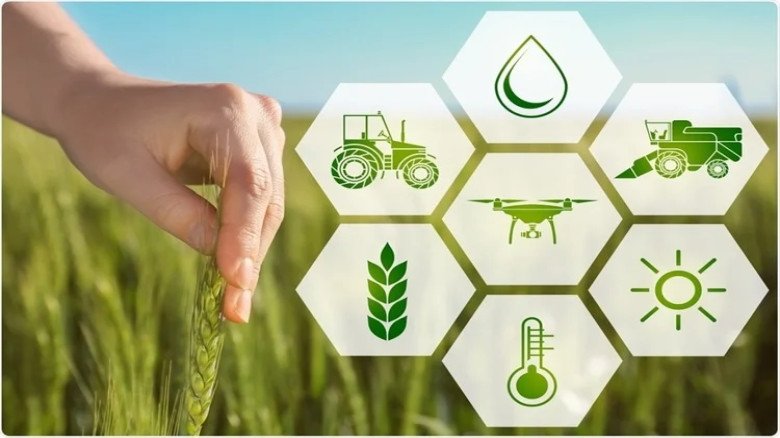
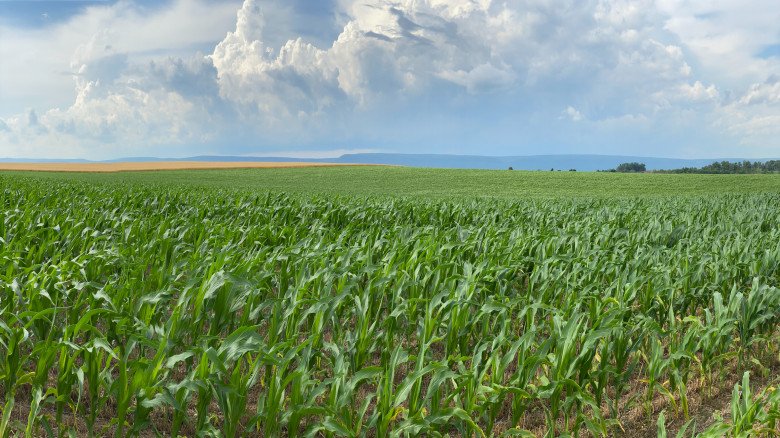
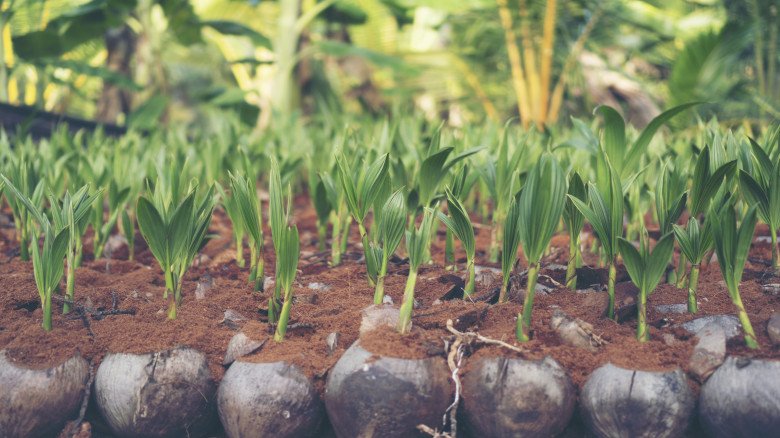


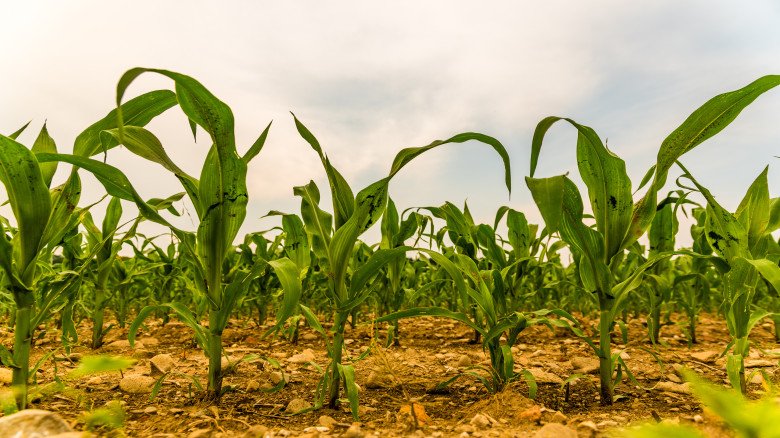
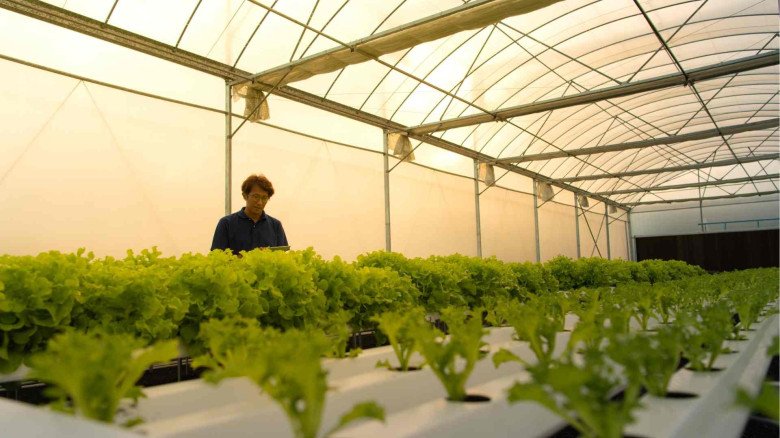
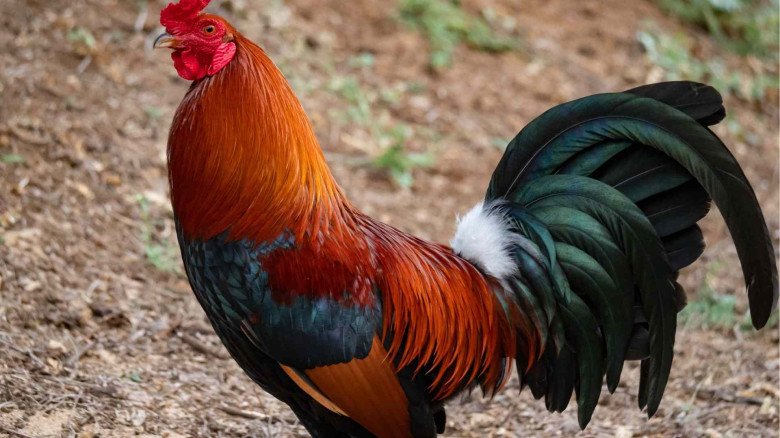
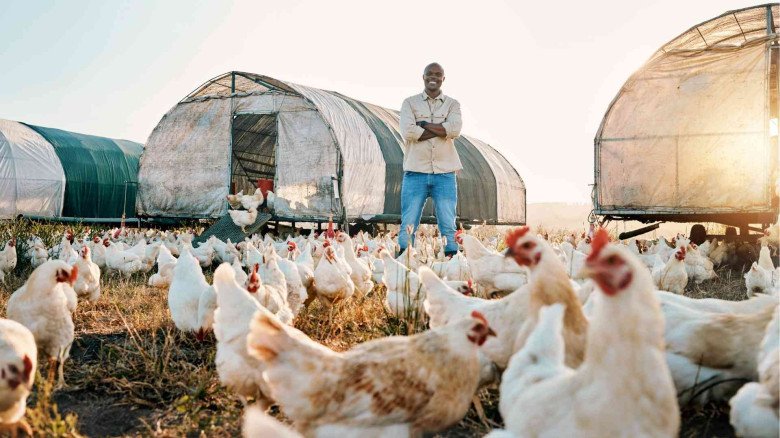
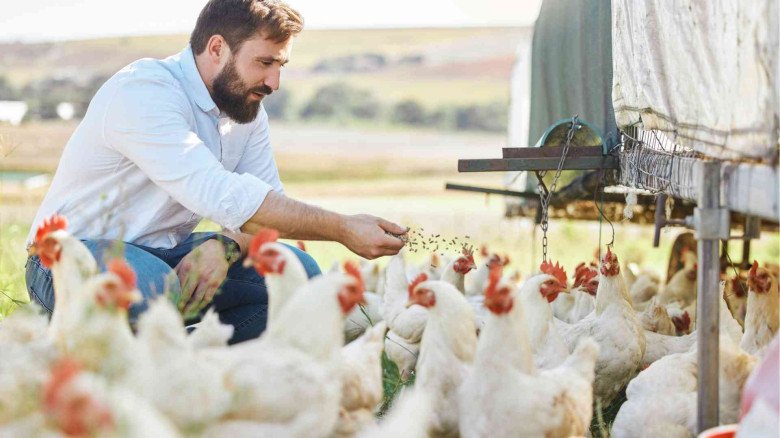
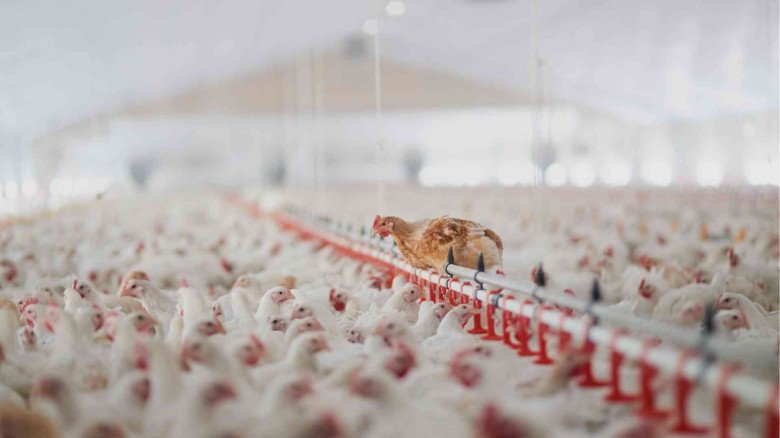
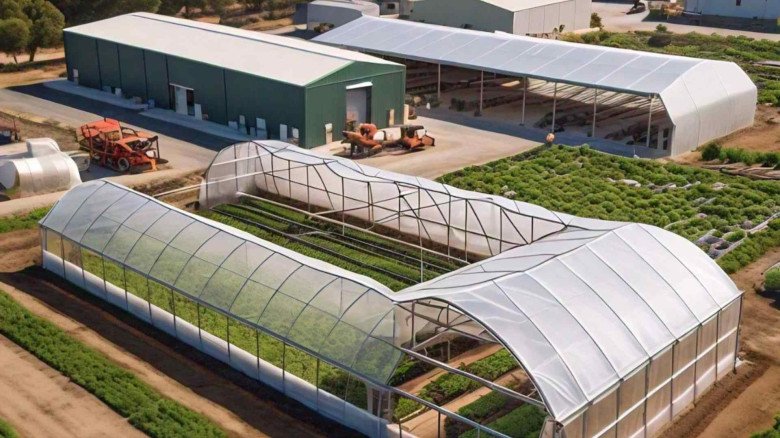

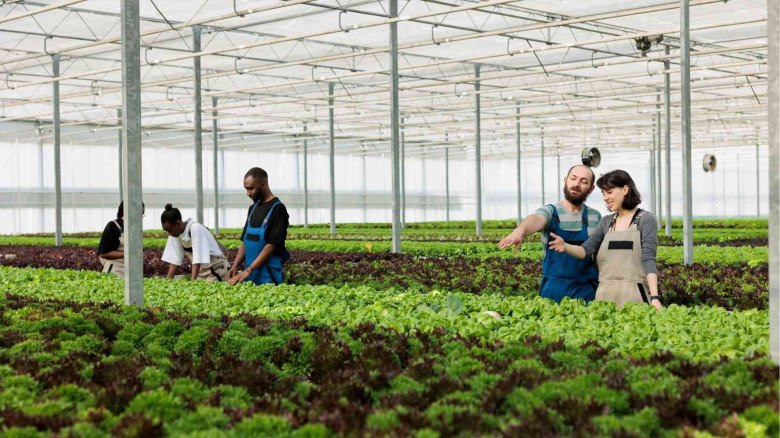
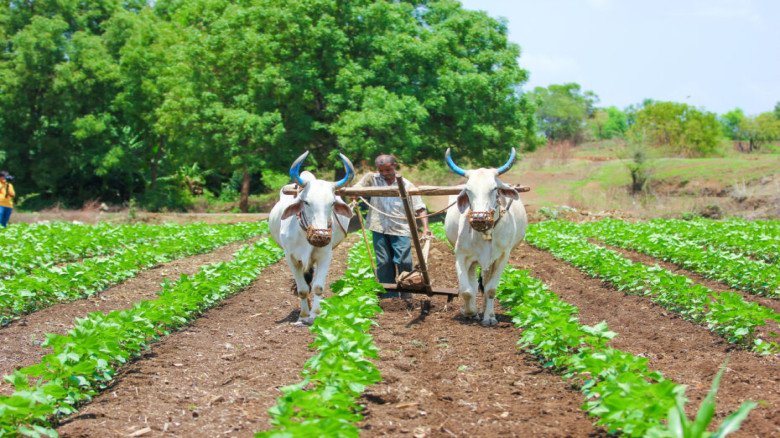
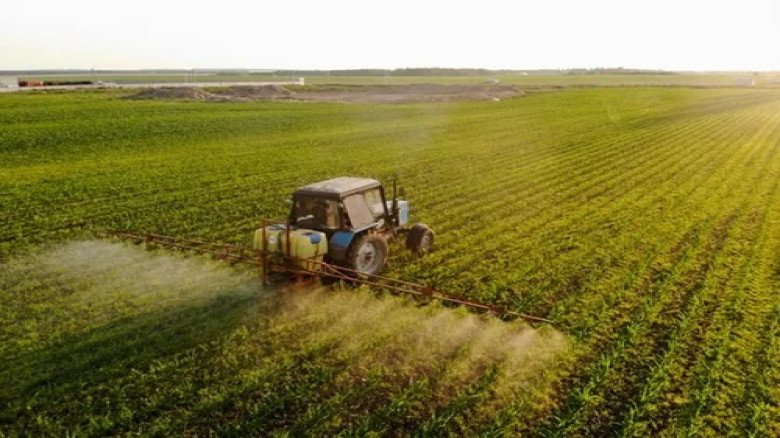
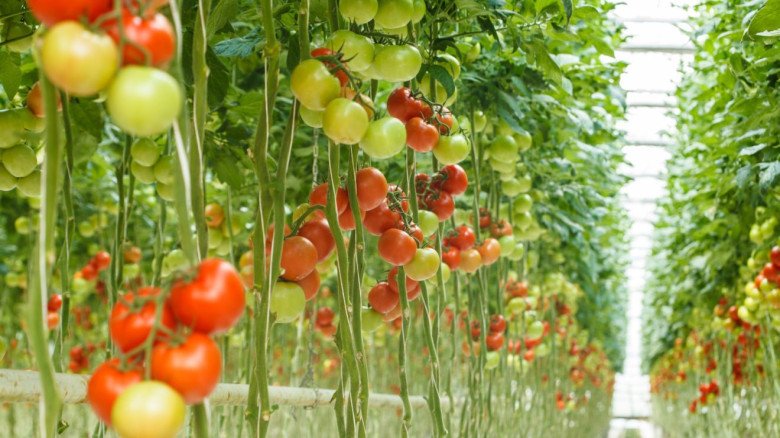
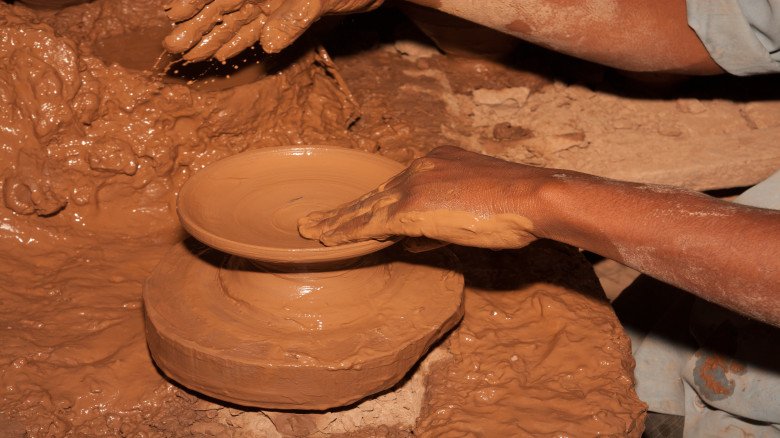
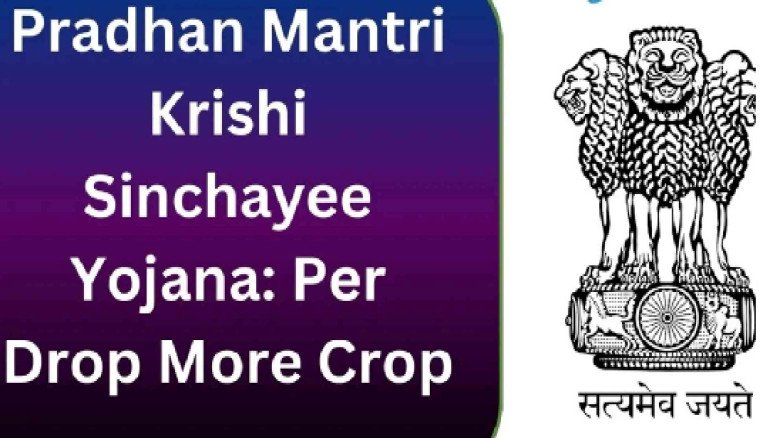
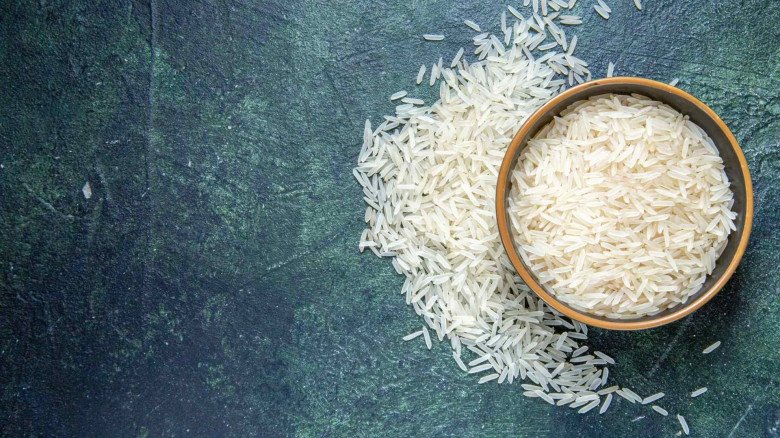

Leave A Comment